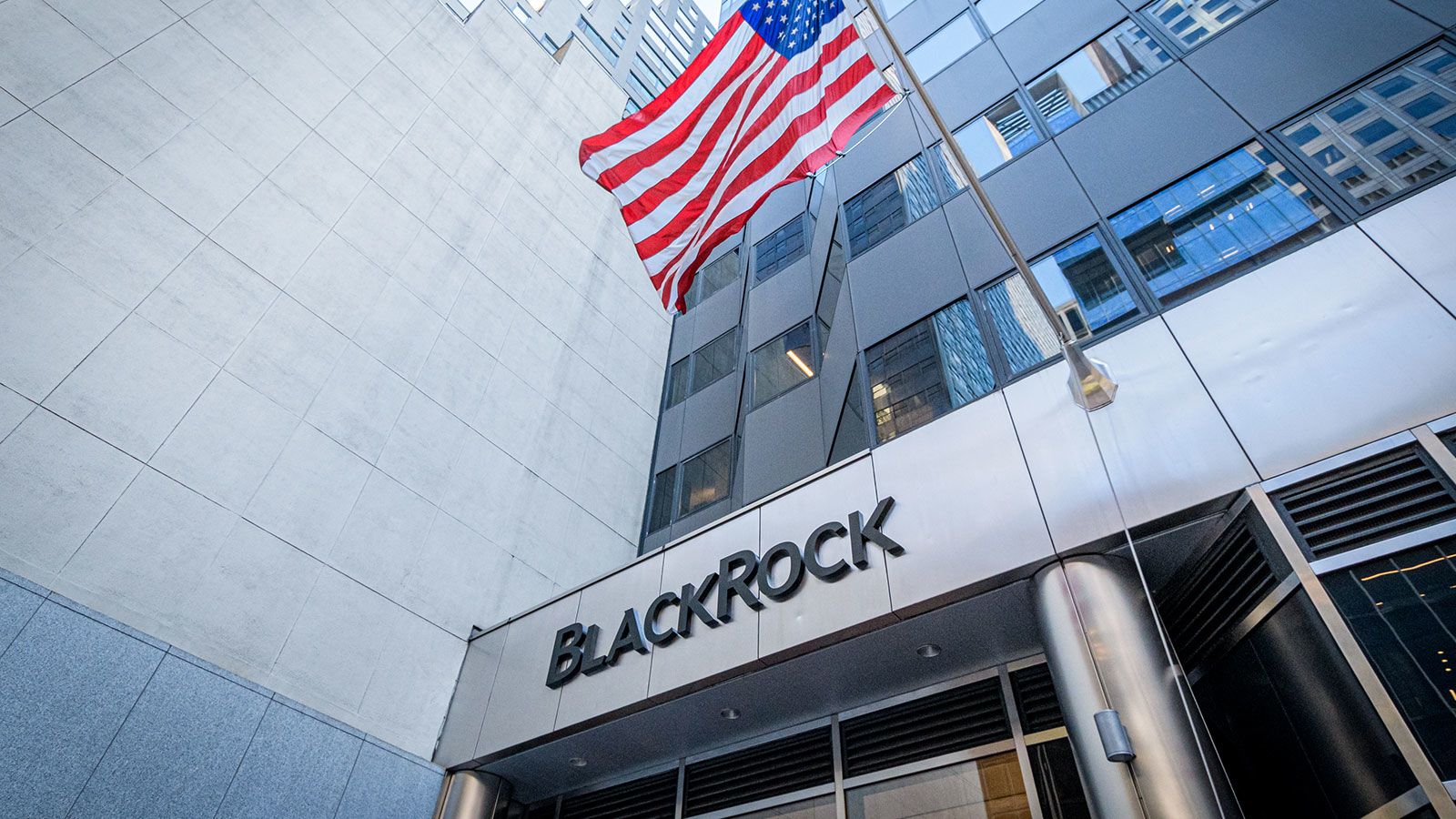Big Tech leads million-dollar campaign to kill bills that are meant to keep children safe online
05/24/2024 / By Laura Harris

Major tech companies, including Google, Meta and TikTok, are leading a million-dollar campaign to block two New York bills that claim to keep children safe online.
Google, Meta and TikTok, along with PayPal, Snap, Roblox, eBay, Block, Tech: NYC and TechNet, have already spent $823,235 to influence the legislative process of the Stop Addictive Feeds Exploitation (SAFE) for Kids Act and the New York Child Data Protection Act, with total expenditures expected to surpass $1 million as more financial disclosures are released next month.
The SAFE Act, which aims to curb the addictive nature of social media algorithms for users under 18, mandates that social media feeds for minors default to a chronological order unless parents provide consent for algorithmic sorting. Additionally, the bill allows parents to set time limits on social media usage for their children. Meanwhile, the Child Data Protection Act prevents apps from collecting data and personal information from users under 18 without explicit consent. For children under 13, parental permission would be required for data collection.
However, tech companies argue that these bills will harm freedom of speech, online privacy for teens, internet access for marginalized groups and algorithmic moderation of hate speech.
Meta, the parent company of Facebook and Instagram, has invested the most in lobbying against these bills. The tech company, which is already facing a federal lawsuit for allegedly profiting from a teen mental health crisis, wants consistent online experiences for teens across states. (Related: Meta intentionally got children and teens ADDICTED to social media to exploit them for profit.)
“Teens move interchangeably between many websites and apps, and different laws in different states will mean teens and their parents have inconsistent experiences online,” a Meta spokesperson said. “As we continue working with New York lawmakers, it’s crucial that we avoid quick fixes and, instead, support legislation that actually empowers parents and supports teens online.”
Influential trade groups like Tech: NYC and TechNet also oppose the bills. A February memo from Tech: NYC criticized the bills’ inconsistent age verification policies and raised concerns about data privacy with common verification methods like ID or credit card scanning.
SAFE Act and Child Data Protection Act still get bipartisan support despite strong opposition
State Senator Andrew Gounardes, a co-sponsor of the bills, mentioned that opponents are conducting a vigorous “whisper campaign” in Albany to delay or block the legislation.
“It certainly makes the job a lot harder, because these companies, with limitless resources, are able to hire armies of lobbyists who just camp out in the capital all day,” Gounardes said. “Legislators come and go and these folks are whispering in everyone’s ear.”
But despite the strong opposition, the bills are poised to advance in the State Assembly and Senate soon. The SAFE Act has garnered support from 94 sponsors in the State Assembly and 25 sponsors in the State Senate.
Gounardes noted that there is a “significant bipartisan support for both bills in the Senate.”
“At this point, I feel reasonably confident that we will be able to achieve something significant for kids on social media this legislative session,” the state senator stated.
Learn more about the potentially illicit activities of social media companies at TechGiants.news.
Watch this video video about Meta targeting children.
This video is from the TNP (The New Prisoners) channel on Brighteon.com.
More related stories:
Former Meta director says Instagram FAILED to protect teen users.
Mark Zuckerberg’s Meta struggling to remove child sexual abuse materials from Facebook and Instagram.
Europe hits TikTok with $368 million fine for mishandling children’s personal info.
Sources include:
Submit a correction >>
Tagged Under:
big government, Big Tech, child exploitation, child safety, computing, conspiracy, cyber war, deception, Facebook, Glitch, Google, information technology, Instagram, meta, parental consent, privacy watch, surveillance, tech giants, technocrats, TikTok
This article may contain statements that reflect the opinion of the author
RECENT NEWS & ARTICLES
COPYRIGHT © 2017 INFORMATIONTECHNOLOGY.NEWS


















